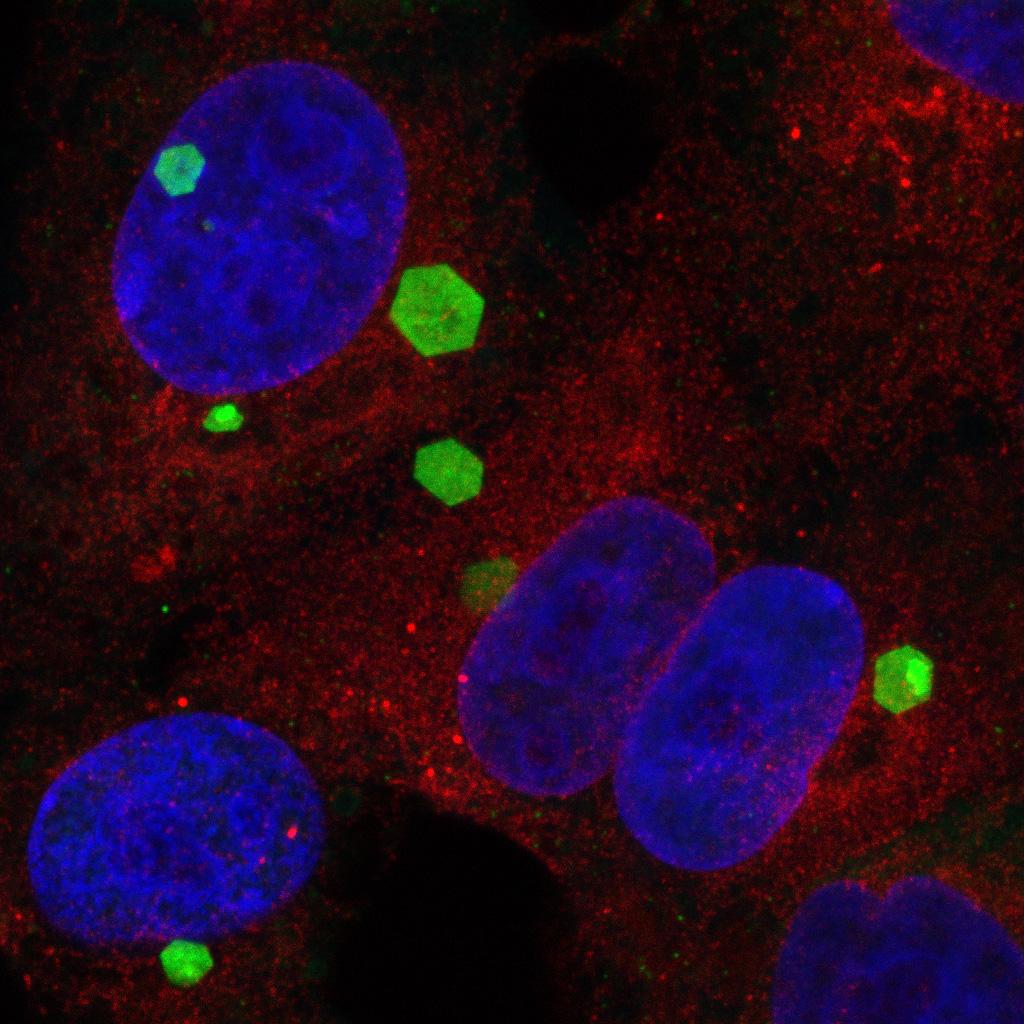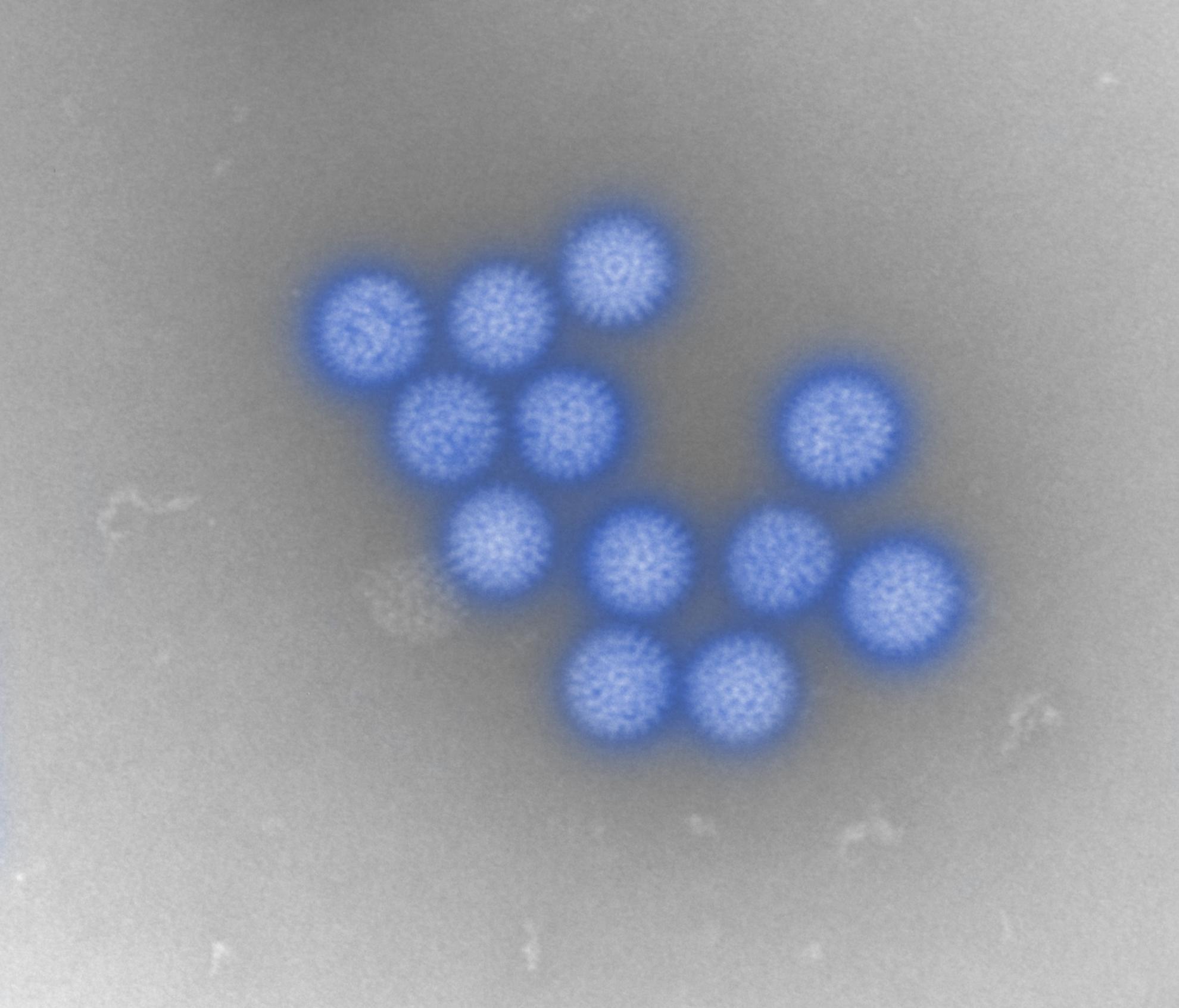Temperature dependence of the extrinsic incubation period of orbiviruses in Culicoides biting midges
Background: The rate at which viruses replicate and disseminate in competent arthropod vectors is limited by the temperature of their environment, and this can be an important determinant of geographical and seasonal limits to their transmission by arthropods in temperate regions. Methodology/Principal Findings: Here, we present a novel statistical methodology for estimating the relationship between temperature and the extrinsic incubation period (EIP) and apply it to both published and novel data on virus replication for three internationally important orbiviruses (African horse sickness virus (AHSV), bluetongue virus (BTV) and epizootic haemorrhagic disease virus (EHDV)) in their Culicoides vectors. Our analyses show that there can be differences in vector competence for different orbiviruses in the same vector species and for the same orbivirus in different vector species. Both the rate of virus replication (approximately 0.017-0.021 per degree-day) and the minimum temperature required for replication (11-13 degrees C), however, were generally consistent for different orbiviruses and across different Culicoides vector species. The estimates obtained in the present study suggest that previous publications have underestimated the replication rate and threshold temperature because the statistical methods they used included an implicit assumption that all negative vectors were infected. Conclusions/Significance: Robust estimates of the temperature dependence of arbovirus replication are essential for building accurate models of transmission and for informing policy decisions about seasonal relaxations to movement restrictions. The methodology developed in this study provides the required robustness and is superior to methods used previously. Importantly, the methods are generic and can readily be applied to other arbovirus-vector systems, as long as the assumptions described in the text are valid.
Back to publications

